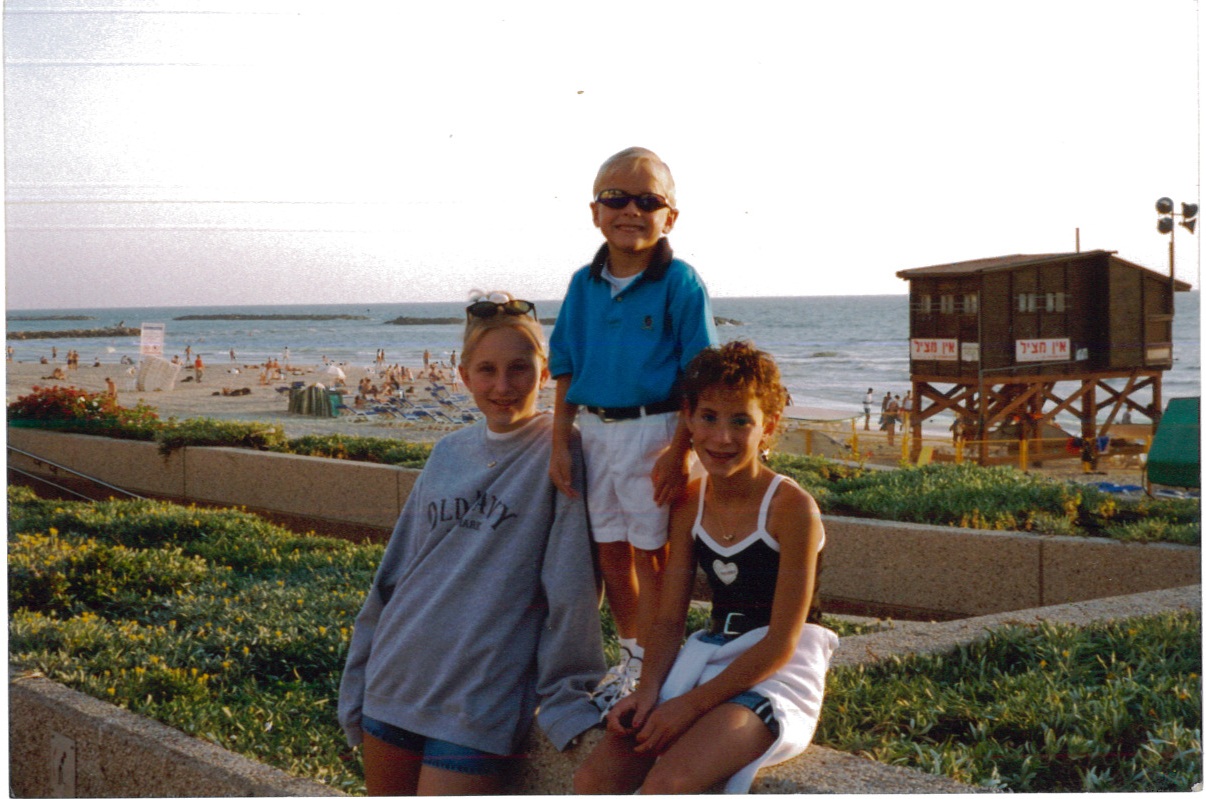Dear Little Lauren, I am so sorry. We have failed you.
It’s been nearly two decades since you found the incredible courage to disclose the things that were happening: daily physical, sexual, and emotional abuse, perpetrated by a loved and trusted caregiver. You were heard, helped, and able to be kept safe…and since that time, I have dedicated my life to making sure other victims of abuse know that “It’s OK to Tell” and it’s OK to heal.
But we are in a very different place and time now. Because we did not plan for a predictable crisis like the pandemic the world is now facing, many victims are unable to receive the kinds of critical services you received.
Rape victims in New York have been turned away from hospitals, told “You’re safer at home,” and “We can’t help you here.” It hasn’t come to that in Florida. But in the midst of COVID-19, our state’s ability to respond to abuse allegations has almost completely and unacceptably stalled — and for the first time, I question the depth of the work we’ve done.
Americans are saving lives by staying home — a necessary step to “flatten the curve.” But you know all too well what happens when home isn’t a safe place. Though it’s been years, I can picture you darting from room to room like it was yesterday — trying to stay one step ahead of your abuser. You hid behind clothes in closets; flattened your small body against the carpeted floor of mom’s SUV in the garage. Anything to avoid being caught — trapped — and hurt by the monster living in your own home.
You got help. But too many kids right now have not. On average, 24 people per minute are victims of rape, physical violence or stalking by an intimate partner in the United States — and there is nothing “average” about the global pandemic that’s unfolding. With anxiety, unemployment, isolation, and substance abuse on the rise, violence in the home is reaching a fever pitch. We are flattening one curve, while another is spiking.
It is projected that tens or even hundreds of thousands of Americans will perish from COVID-19, and many more will suffer greatly from the virus. And while our country has been sheltering in place, a different pandemic has infiltrated homes. Over the last four weeks, more than 833,000 Americans have been trapped inside with a domestic abuser. As the war for public health rages on, more than 259,000 reports of child abuse are left in the ether.
We should have seen this coming. We should have put stronger mechanisms in place to ensure victims of intimate terrorism including domestic violence, child abuse, and sexual assault are able to receive help during stay-at-home and social distancing orders. But right now, no one is looking. No one is coming to investigate. Not until after the virus has gone.
People are trying – we are fixing technical challenges to executive orders, attempting to expand parameters around telehealth to serve as many vulnerable individuals as possible, and laying plans for at-home rape care exams. But our government and agencies are in survival mode (you know what that’s like) – treading water in place, head above water, but going nowhere fast.
I want you to know that I am paying attention. I am helping wherever I can and making sure we are taking notes to make it better. So that when – not if – we face a debilitating crisis like this again, we will be far more prepared. Next time we’re issued a critical and life-saving shelter-in-place order, we will not leave victims of intimate crimes to suffer or fall through the cracks – souls withering so bodies can survive.
My dearest Little Lauren, we will win the fight against this virus. We will flatten the curve of COVID-19. But after all of this is said and done, as we work to repair the economic cost of this pandemic, I promise to you: I will not let us forget the human cost of this pandemic. And I promise to make it better.

